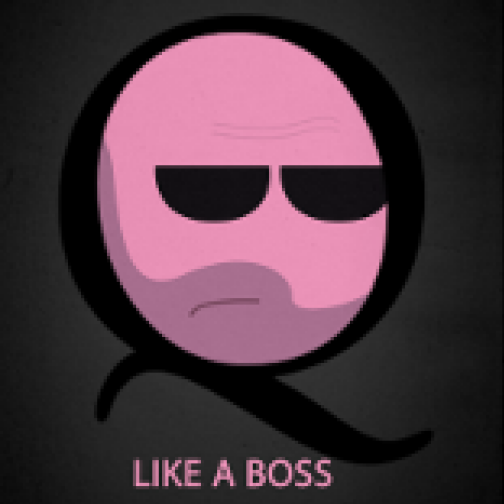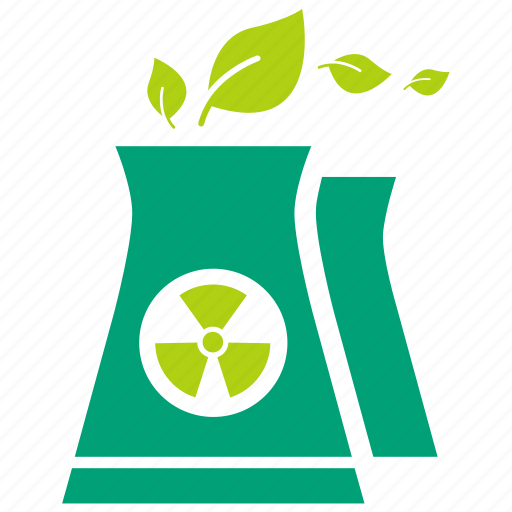Source: https://www.world-nuclear-news.org/Articles/Verdict-on-EDF-and-KHNP-bids-being-considered-by-C
ČEZ has submitted to the Czech government its evaluation of the bids received from France’s EDF and South Korea’s Korea Hydro & Nuclear Power for the construction of a new nuclear power plant at Dukovany.
The evaluation, carried out by ČEZ’s wholly-owned subsidiary Elektrárna Dukovany II, includes a suggested preferred supplier for new nuclear units, although the recommended choice has not been made public.
Minister of Industry and Trade Jozef Síkela said: “I can confirm that we have received the evaluation report from ČEZ Group. The government now has an opportunity to express its opinion on the report from the perspective of national security interests. We will announce the selection of the preferred contender in July and inform about how we will use the option for the construction of additional nuclear units in Dukovany and Temelín.”
The head of ČEZ’s New Energy Division, Tomáš Pleskač, said that financial, commercial and technical aspects of the EDF and Korea Hydro & Nuclear Power (KHNP) bids were scrutinised by more than 180 experts during an evaluation process which followed the steps recommended by the International Atomic Energy Agency: “All price inputs and risks have been quantified. Both offers were compared according to the same criterion, namely to the price per one megawatt hour generated, at which each contender’s new unit would generate electricity.”
The aim is for the contracts to be finalised this year and signed by the end of March 2025. According to ČEZ the door is not necessarily closed on the bidder who is not selected, saying that if, during the contract being drawn up, the details “significantly diverge from the bid submitted, the bidder ranking second may be asked to enter negotiations”.
The target for test operation of the first new unit is 2036.
Last month the European Commission approved the Czech Republic’s proposed public support package for new nuclear - it plans to grant direct price support in the form of a power purchasing contract with a state-owned special purpose vehicle, ensuring stable revenues for 40 years, with a subsidised state loan to cover a majority of construction costs as well as a “protection mechanism against unforeseen events or policy changes” and with a clawback mechanism to ensure “additional gains generated by the project will be shared with the Czech state”.
The Czech Republic currently gets about one-third of its electricity from the four VVER-440 units at Dukovany, which began operating between 1985 and 1987, and the two VVER-1000 units in operation at Temelín, which came into operation in 2000 and 2002.
The current tender for new nuclear was originally for a binding offer for one new unit at Dukovany and non-binding offers for up to three more - a sixth at Dukovany and two at Temelín. But in February the Czech government announced it was changing the tender to binding offers for up to four new units, citing the cost savings per unit if they were not procured on a unit-by-unit basis.
EDF is proposing its EPR1200 reactor, KHNP is proposing its APR1000 - both companies have stressed their agreements with Czech suppliers to localise work if selected.

